To go from the second day of the England v. India Test match at Lord’s to the Albert Hall for the opening night of the Proms was to make a journey that a chosen few might find enviable. Nonetheless, different though the two activities are, there were some similarities. For example, the arena at the Albert Hall, where the Promenaders stand, fills up more or less to capacity before the seats around it attract a single occupant, these seats being taken at the last possible minute before the start of the concert. Exactly the same thing happens at Lord’s: the pavilion is filled while the rest of the ground remains empty until seconds before the start of play. The reason is that the Promenaders and the MCC members do not have numbered seats, and have to jockey for a good view of the performers, the regular public having a reserved space. It is an irony that at Lord’s the rich and privileged have to get up early in order to elbow their way to a preferred vantage point, whereas at the Proms it is those who cannot afford a seat who must inconvenience themselves. But that is how the two traditions have grown up.
We were treated to Elgar’s rarely performed oratorio The Kingdom at the Proms that night. Even Elgar eventually questioned whether a trilogy of oratorios on the theme of the foundation and purpose of the Church was quite his bag. He wrote the first instalment — The Apostles — in 1903 to illustrate the calling of the 12 young men, and followed it three years later with The Kingdom, which describes the beginning of their evangelical mission on earth. The Last Judgment was supposed to show the outcome of that mission at the end of time, but at Elgar’s death there were only sketches for it. Maybe it was Elgar’s plan to write a religious counterpart to Wagner’s Ring cycle: if so, it cannot have come as a surprise to discover that the world of the hobbits is easier to sustain in music than the world of Dante’s Paradiso. He turned to writing symphonies and concertos.
The Kingdom is like any other work of art in which all the elements that make it up are perfect, but where the whole doesn’t amount to much. I spent some time trying to identify the exact equivalent in film, for example, eventually plumping for Michael Cimino’s 1980 extravaganza Heaven’s Gate, where the acting and photography are superb but the plot is a tiresome distraction. Elgar’s wonderful music rolled through The Kingdom almost without cadence, or so it seemed, expertly crafted by Andrew Davis on this occasion. The soloists also were distinguished, though I wished that the soprano, Erin Wall, had spent more time trying to pin down the centre of the note she was aiming at. Her failure to do this reminded me of the attempts of the England bowling attack, earlier in the day, to hit the stumps. Aren’t these people trained to go for the bullseye? Everything else is ego-driven bluster.
There are to be two world premières of music by the late John Tavener at the Proms this season. The first — Gnosis for mezzo-soprano and symphony orchestra — was heard on 23 July, played by the BBC SO under Jiri Belohlavek. The second, Requiem Fragments, will be performed on 4 August by the Tallis Scholars and the Heath Quartet, conducted by me (televised for broadcast on the 10th). Although both pieces have a strongly religious element, and both make use of a mélange of world religions as reference points, I doubt they will have the same effect in the hall. For me, Gnosis will be remembered for suddenly quoting a Mozart piano concerto, breaking the spell of the composer’s meditation so completely that I was left wondering whether everything that had gone before had been tongue-in-cheek. It didn’t particularly help to be told that Tavener quoted it because Mozart had taught a starling to sing the theme.
This will not happen in the Requiem Fragments, which ends with some of the most complicated music I have ever seen; and in this case ‘complicated’ means solemn, rhapsodical, suggesting the harmony of the spheres. Overlapping religions are on display again throughout the work: the word ‘Sanctus’ is sung at the same time as the word ‘Atma’ (the Higher Self in Hindu teaching); and in the final pages the performers are charged to sing the word ‘Manekarnika’ ‘like a great lake ululating’, and ‘Mahapralaya’ ‘as rivers flowing back to their source’. I wonder how we will manage that. But I reckon that by then the mood will be just right for remembering both Tavener and the outbreak of the first world war, the two memorials coming coincidentally together.
Got something to add? Join the discussion and comment below.
Get 10 issues for just $10
Subscribe to The Spectator Australia today for the next 10 magazine issues, plus full online access, for just $10.

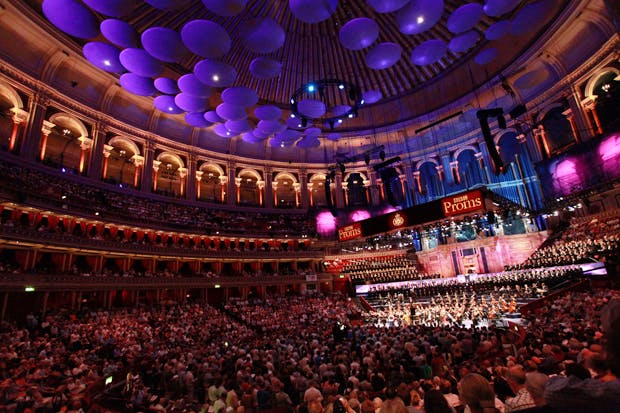
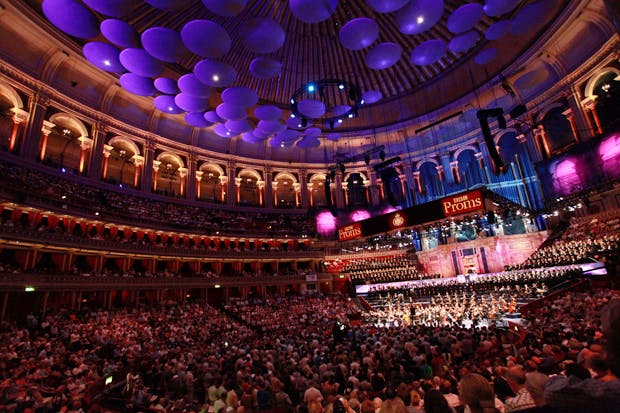
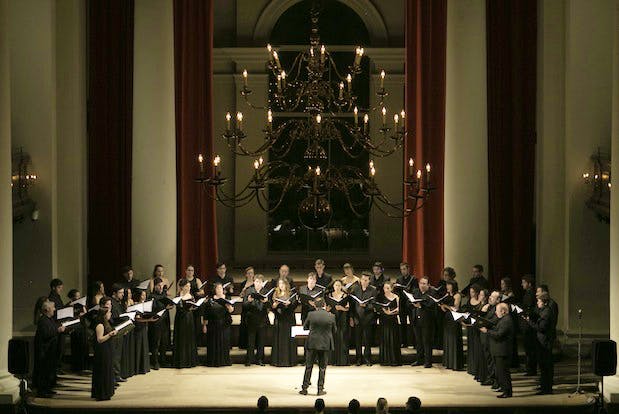
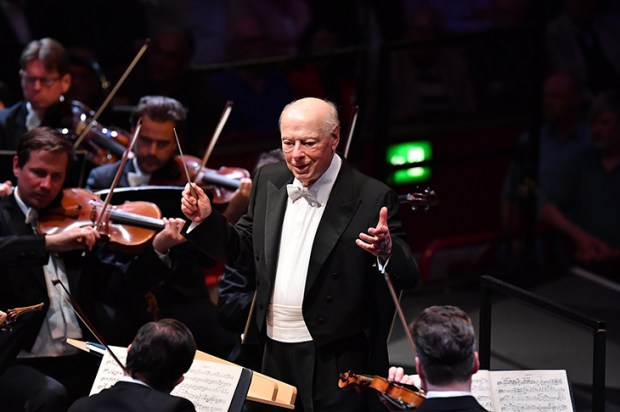
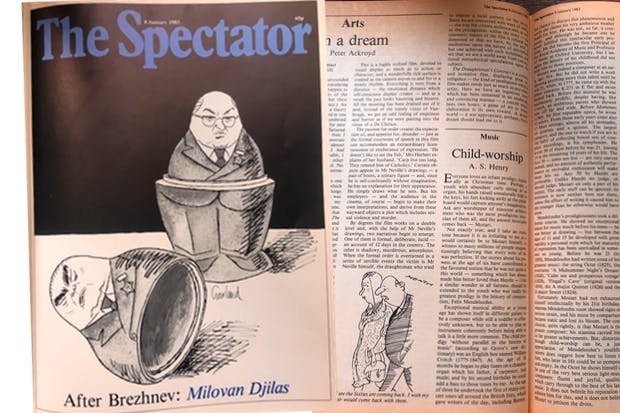






Comments
Don't miss out
Join the conversation with other Spectator Australia readers. Subscribe to leave a comment.
SUBSCRIBEAlready a subscriber? Log in